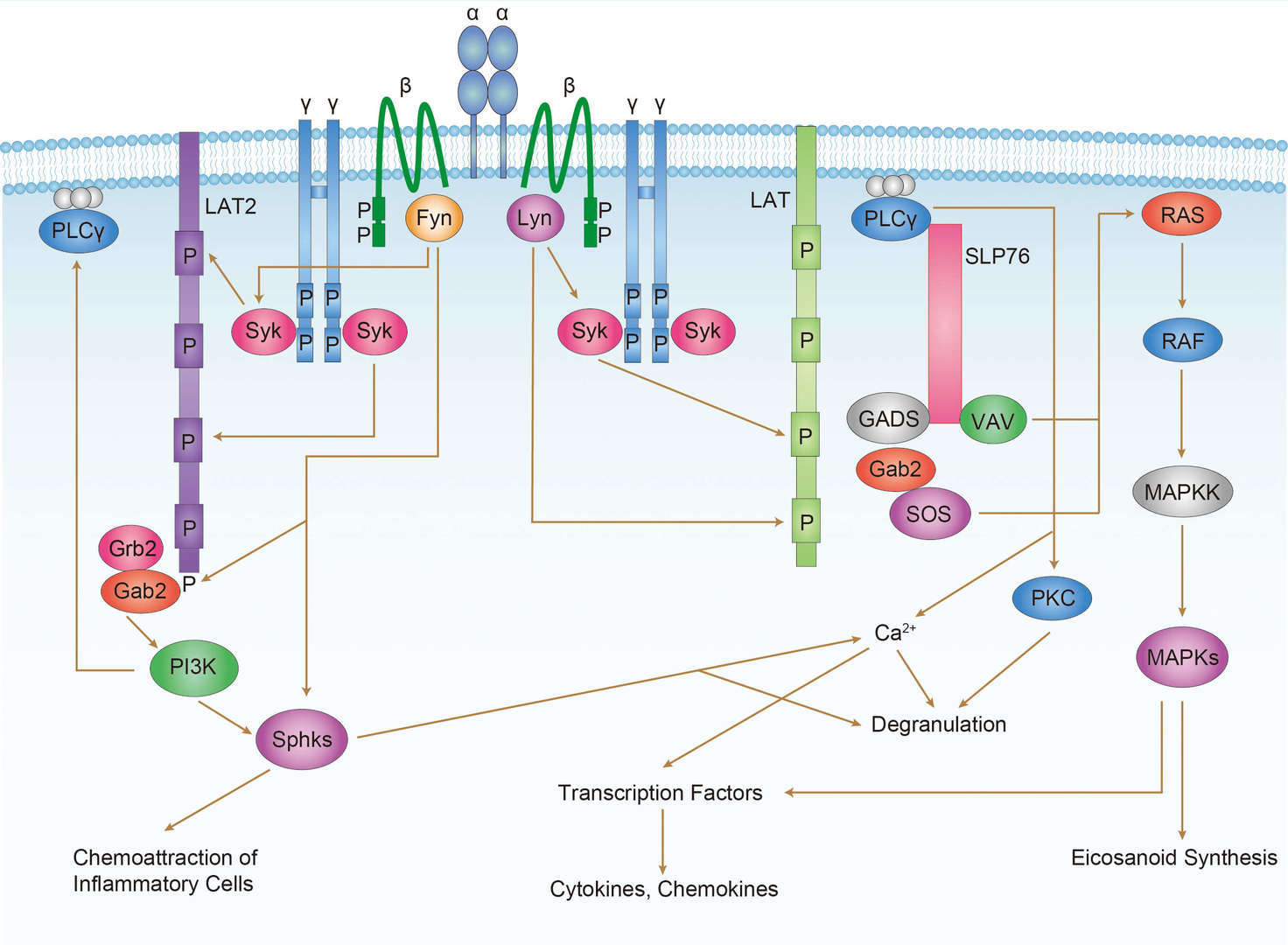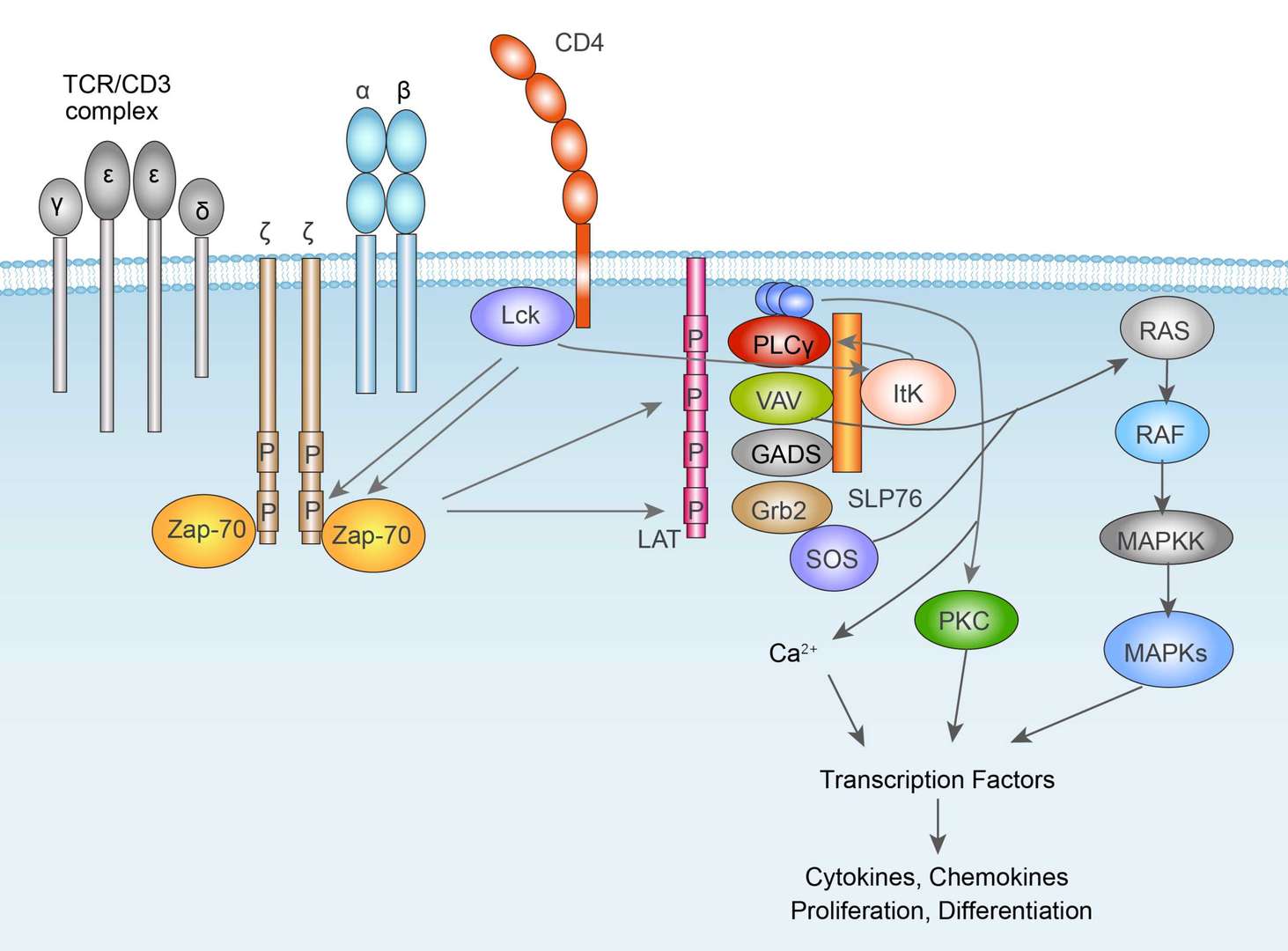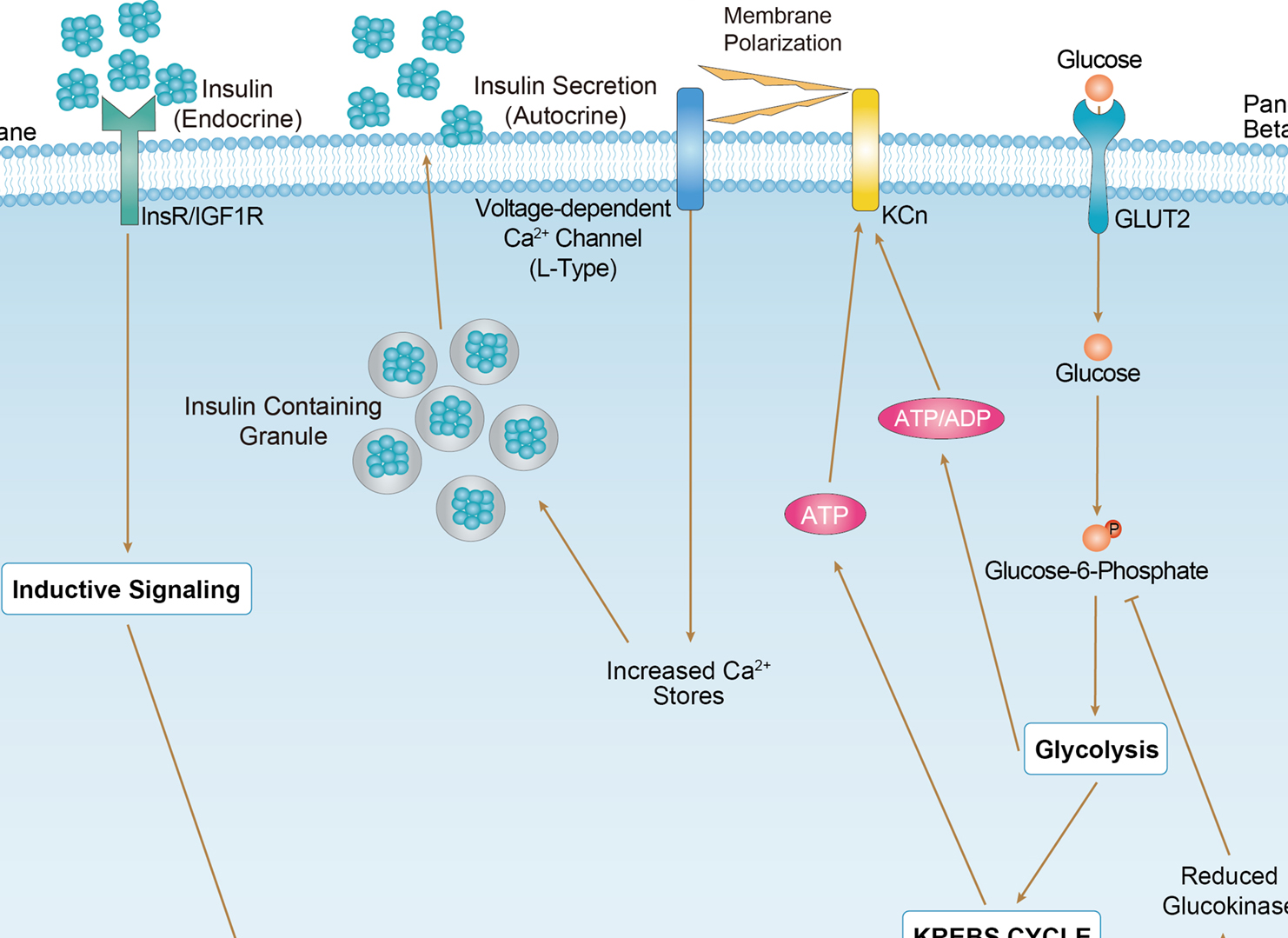Recombinant Rabbit Anti-MAPK3 Antibody (clone R08-3C6) (CAT#: VS3-FY887)
This product is a recombinant rabbit antibody that recognizes MAPK3. This antibody has been reported for use in Western Blot, Immunohistochemistry-Paraffin, Immunoprecipitation. The clone R08-3C6 is specific for human MAPK3. The antigen is human erk1 synthetic peptide.

Figure 1. Recombinant Rabbit Anti-MAPK3 Antibody (clone R08-3C6) in WB.
Western Blot analysis of ERK1 in K562, Hela lysates using ERK1 antibody.
Specifications
- Immunogen
- Human ERK1 synthetic peptide.
- Host Species
- Rabbit
- Type
- Rabbit IgG
- Specificity
- Human MAPK3
- Species Reactivity
- Human
- Clone
- R08-3C6
- Applications
- Western Blot, Immunohistochemistry-Paraffin, Immunoprecipitation
- Conjugate
- Unconjugated
- MW
- Calculated MW: 43 kDa; Observed MW: 43 kDa
Product Property
- Purification
- Affinity Purified
- Purity
- >95% as determined by SDS-PAGE
- Buffer
- 50 mM Tris-Glycine, pH 7.4, 0.15 M NaCl, 40% glycerol, 0.05% BSA
- Preservative
- 0.01% Sodium azide
- Storage
- Centrifuge briefly prior to opening vial. Store at +4°C short term (1-2 weeks). Aliquot and store at -20°C long term. Avoid repeated freeze/thaw cycles.
Applications
- Application Notes
- Western Blot: 1/500-1/1000
Immunohistochemistry-Paraffin: 1/50-1/100
Immunoprecipitation: 1/20
Target
- Alternative Names
- Mitogen-Activated Protein Kinase 3; Extracellular Signal-Regulated Kinase 1; Microtubule-Associated Protein 2 Kinase; Insulin-Stimulated MAP2 Kinase; MAP Kinase Isoform P44; EC 2.7.11.24; P44-ERK1; P44-MAPK; PRKM3; ERK-1; ERK1
- Gene ID
- 5595
- UniProt ID
- P27361
- Sequence Similarities
- Belongs to the protein kinase superfamily. CMGC Ser/Thr protein kinase family. MAP kinase subfamily.
- Cellular Localization
- Cell junction, Cytoplasm, Membrane, Nucleus
- Post Translation Modifications
- Phosphorylated upon KIT and FLT3 signaling (By similarity).
Dually phosphorylated on Thr-202 and Tyr-204, which activates the enzyme. Ligand-activated ALK induces tyrosine phosphorylation. Dephosphorylated by PTPRJ at Tyr-204.
- Protein Refseq
- NP_001035145.1; NP_001103361.1; NP_002737.2
- Function
- Serine/threonine kinase which acts as an essential component of the MAP kinase signal transduction pathway. MAPK1/ERK2 and MAPK3/ERK1 are the 2 MAPKs which play an important role in the MAPK/ERK cascade. They participate also in a signaling cascade initiated by activated KIT and KITLG/SCF. Depending on the cellular context, the MAPK/ERK cascade mediates diverse biological functions such as cell growth, adhesion, survival and differentiation through the regulation of transcription, translation, cytoskeletal rearrangements. The MAPK/ERK cascade plays also a role in initiation and regulation of meiosis, mitosis, and postmitotic functions in differentiated cells by phosphorylating a number of transcription factors. About 160 substrates have already been discovered for ERKs. Many of these substrates are localized in the nucleus, and seem to participate in the regulation of transcription upon stimulation. However, other substrates are found in the cytosol as well as in other cellular organelles, and those are responsible for processes such as translation, mitosis and apoptosis. Moreover, the MAPK/ERK cascade is also involved in the regulation of the endosomal dynamics, including lysosome processing and endosome cycling through the perinuclear recycling compartment (PNRC); as well as in the fragmentation of the Golgi apparatus during mitosis. The substrates include transcription factors (such as ATF2, BCL6, ELK1, ERF, FOS, HSF4 or SPZ1), cytoskeletal elements (such as CANX, CTTN, GJA1, MAP2, MAPT, PXN, SORBS3 or STMN1), regulators of apoptosis (such as BAD, BTG2, CASP9, DAPK1, IER3, MCL1 or PPARG), regulators of translation (such as EIF4EBP1) and a variety of other signaling-related molecules (like ARHGEF2, FRS2 or GRB10). Protein kinases (such as RAF1, RPS6KA1/RSK1, RPS6KA3/RSK2, RPS6KA2/RSK3, RPS6KA6/RSK4, SYK, MKNK1/MNK1, MKNK2/MNK2, RPS6KA5/MSK1, RPS6KA4/MSK2, MAPKAPK3 or MAPKAPK5) and phosphatases (such as DUSP1, DUSP4, DUSP6 or DUSP16) are other substrates which enable the propagation the MAPK/ERK signal to additional cytosolic and nuclear targets, thereby extending the specificity of the cascade.
Recommended Products
Secondary Antibody
Isotype Control
Related Resources
Product Notes
This is a product of Creative Biolabs' Hi-Affi™ recombinant antibody portfolio, which has several benefits including:
• Increased sensitivity
• Confirmed specificity
• High repeatability
• Excellent batch-to-batch consistency
• Sustainable supply
• Animal-free production
See more details about Hi-Affi™ recombinant antibody benefits.
Downloads
Download resources about recombinant antibody development and antibody engineering to boost your research.
See other products for "MAPK3"
Recombinant Antibody
| CAT | Product Name | Application | Type |
|---|---|---|---|
| MOB-0572CT | Recombinant Mouse anti-Human MAPK3 Monoclonal antibody (EML1636) | IHC-P, WB | |
| MRO-1845-CN | Rabbit Anti-MAPK3 Polyclonal Antibody (MRO-1845-CN) | WB, IF, IHC | Rabbit IgG |
| MRO-2322-CN | Recombinant Rabbit Anti-MAPK3 (phosphorylated Thr202+Thr185) Monoclonal Antibody (CBACN-613) | WB, IF, IHC, FC | Rabbit IgG |
| VS3-QX740 | Mouse Anti-MAPK3 Recombinant Antibody (clone 4A4-G4-F6) | WB | Mouse IgG1 |
| VS3-WK1390 | Mouse Anti-MAPK3 Recombinant Antibody (VS3-WK1390) | WB, IHC-P | Mouse IgG |
Chicken IgY Antibody
| CAT | Product Name | Application | Type |
|---|---|---|---|
| BRD-0342MZ | Chicken Anti-MAPK3 Polyclonal IgY | Indirect ELISA, WB | Chicken antibody |
Rabbit Monoclonal Antibody
| CAT | Product Name | Application | Type |
|---|---|---|---|
| MOR-2154 | Hi-Affi™ Recombinant Rabbit Anti-MAPK3 Monoclonal Antibody (DS2154AB) | WB, IP | IgG |
| MOR-4659 | Hi-Affi™ Recombinant Rabbit Anti-MAPK3 Monoclonal Antibody (TH173DS) | WB, IF, ICC, FC | IgG |
| MOR-4697 | Hi-Affi™ Recombinant Rabbit Anti-MAPK3 Monoclonal Antibody (TH211DS) | WB, IF, ICC, IHC-P, FC, ChIP, ELISA | IgG |
| MOR-0040-FY | Rabbit Anti-MAPK3 Recombinant Antibody (clone AFY0011) | IHC-P, IP, WB | Rabbit IgG |
Customer Reviews and Q&As
There are currently no Customer reviews or questions for VS3-FY887. Click the button above to contact us or submit your feedback about this product.
View the frequently asked questions answered by Creative Biolabs Support.
For Research Use Only. Not For Clinical Use.
For research use only. Not intended for any clinical use. No products from Creative Biolabs may be resold, modified for resale or used to manufacture commercial products without prior written approval from Creative Biolabs.
This site is protected by reCAPTCHA and the Google Privacy Policy and Terms of Service apply.









 FcεR1 Signaling Pathway
FcεR1 Signaling Pathway
 TCR Signaling Pathway
TCR Signaling Pathway
 Maturity Onset Diabetes of the Young
Maturity Onset Diabetes of the Young
